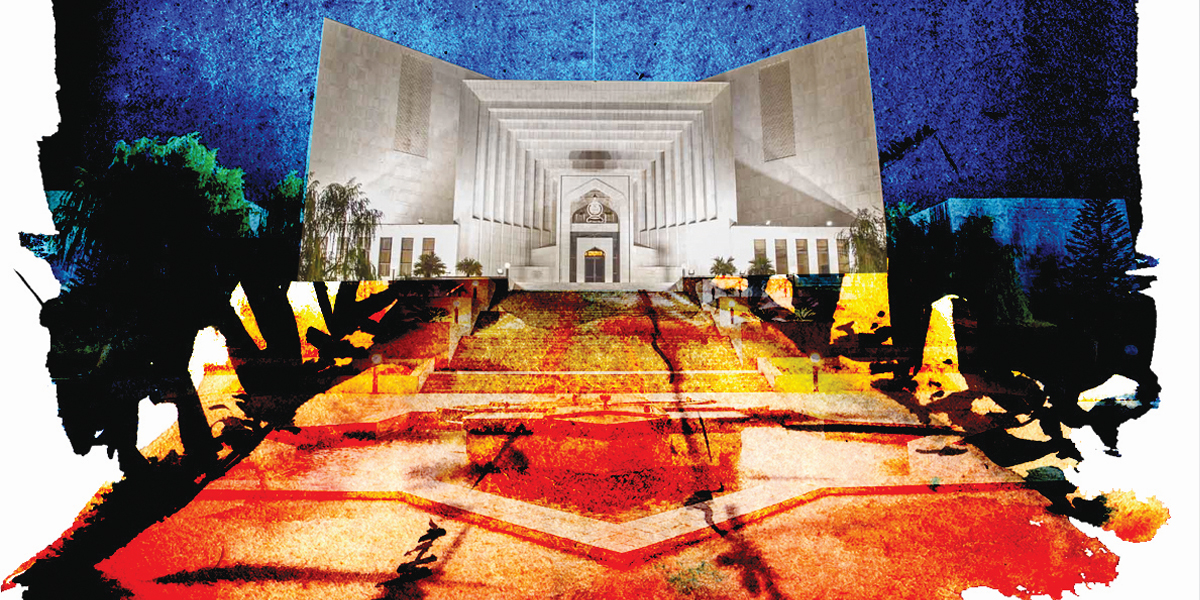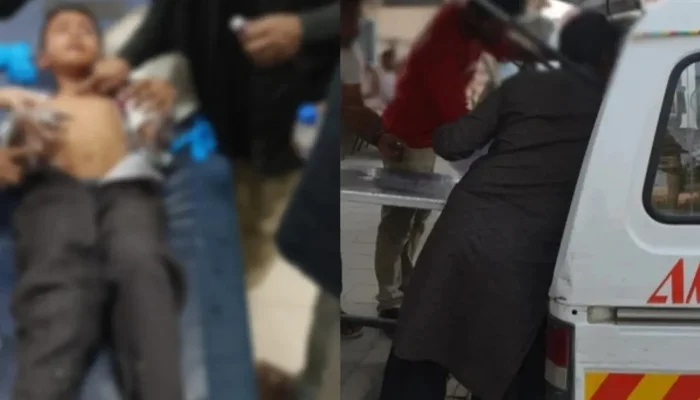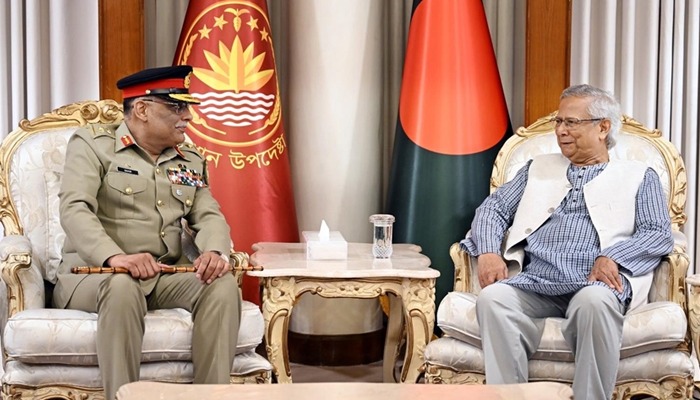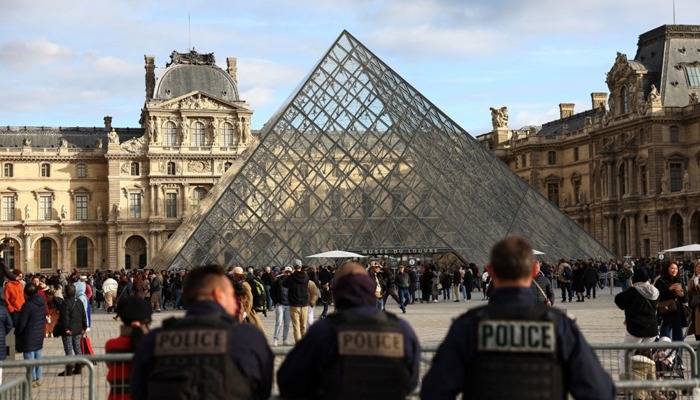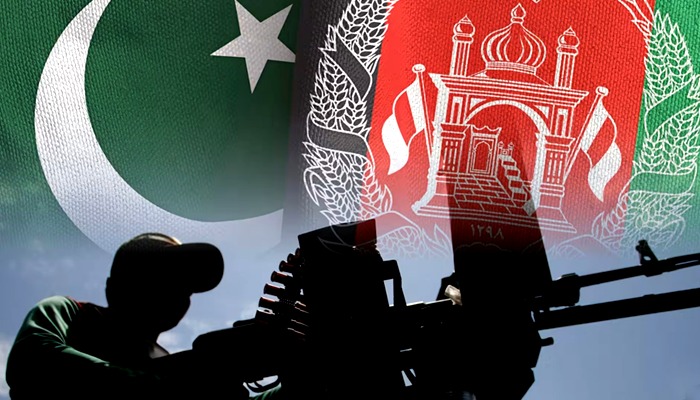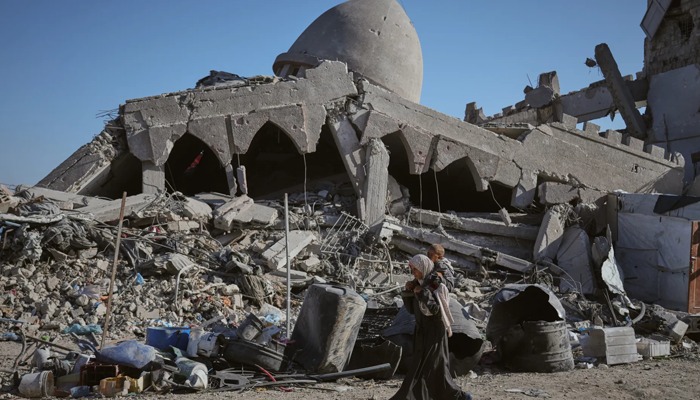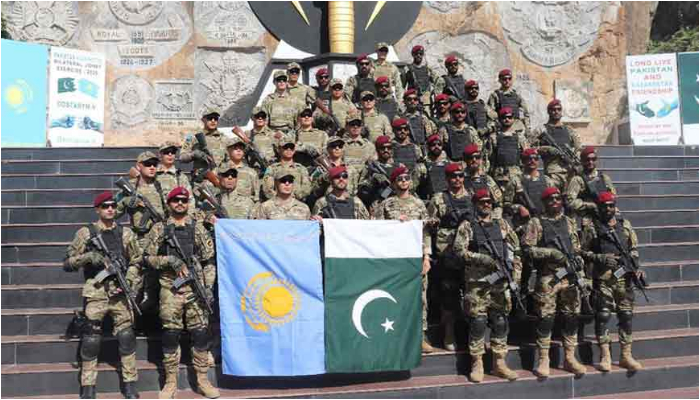When a three-judge bench of the Supreme Court of Pakistan took up a plea, seeking bail of an accused on medical ground, a lawyer came to the rostrum to announce that his client, Lal Khan, had already died of cancer two years back – in what appears to be a classic case of justice delayed.
A sessions court had sentenced Lal Khan to death in 2012 for kidnapping for ransom under section 365-A of the Pakistan Penal Code (PPC). Khan had challenged his sentence at the Rawalpindi seat of the Lahore High Court (LHC) but the LHC had upheld his sentence in 2014.
In 2016, the court, however, converted his death sentence into life imprisonment.
In 2020, Khan filed a bail plea in the Supreme Court on medical grounds and requested the court for early hearing. On his request, the apex court took up the bail plea after two years in 2022.
When the case was called, Khan’s counsel Syed Ali lmran told the bench – presided over by Justice Ijazul Ahsan – he would not object to an adjournment, as his client had already died of cancer during his incarceration.
“I would, however, like to pursue the main appeal of Lal Khan as he was a poor man whose properties had been forfeited under a court order,” he added. Hearing this revelation, the court disposed of the bail plea but retained Lal Khan’s appeal against the LHC Rawalpindi bench’s 2014 judgment.
Talking to Bol News, advocate Imran said Khan was a cancer patient and his treatment was not possible in jail. He said he had twice moved applications for an early hearing of the bail plea but to no avail. “It is very unfortunate that applicants suffer a lot due to caseload in the courts.”
Hafiz Waris – son of Lal Khan – told Bol News that his father died in jail due to cancer and that the judicial system is also responsible for it. He said his father was president of the Pakistan Awami Tehreek in Attock in 1997-98. “The charges of kidnapping for ransom [against him] were false,” he claimed.
He said in 2020 his father was moved to the DHQ hospital from jail due to illness. Later, he was diagnosed with cancer. “His treatment was not possible at the DHQ hospital nor at jail. That’s why we decided to file a bail plea on medical grounds in the Supreme Court of Pakistan.”
He said during his illness, Khan spent two days in an ambulance as neither the DHQ hospital was ready to admit him nor the jail authorities were ready to get his custody due to his poor medical condition.
“Then we approached higher authorities of jail and they gave us a letter to admit my father to Islamabad’s Pakistan Institute of Medical Sciences (PIMS).
“In 2020, we requested the Supreme Court for an early hearing of the bail plea of my father but we didn’t get any relief and he died in the same month,” he said.
Waris said the country has two sets of laws for different classes of people.
“If an accused from the elite class suffers from any medical issue during his imprisonment, he gets first class treatment not only in hospitals but also in courts which grant him bail for medical treatment within the country and even allow him to move out of the country. But the poor have to die in jails.”
He said his father’s bail plea was taken up after two years and he doesn’t know when the apex court will take up the main plea against his sentence. “My father spent 10 years in jail. What would happen if the court found him innocent?”
Waris said Lal Khan’s family has seven members including his widow, three sons and three daughters. “We have spent huge amounts in courts, hospitals and even on the Punjab police. We have lost all of our savings but we couldn’t save our father just because of delay in justice,” he said.

